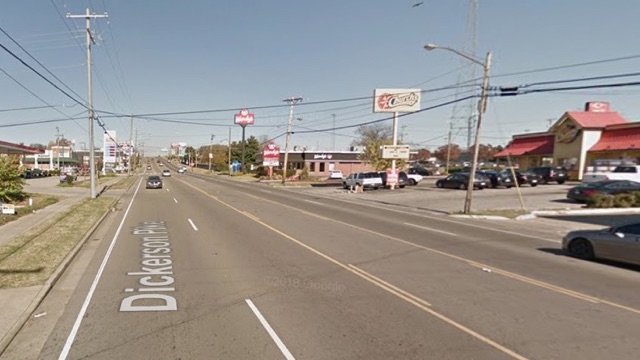The Pinellas Suncoast Transit Authority (PSTA) has been illegally using FEMA money to illegally advertise in favor of a ballot measure to build light rail in St. Petersburg, Florida. Last week, the Federal Emergency Management Agency sent a letter demanding that PSTA return a $354,000 grant it received that was supposed to be used to ward of terror threats, but was used instead to advertise for light rail. FEMA warned that, even if PSTA returned the money (which it has), it would still be under investigation for criminal charges for misuse of federal funds.
The double use of the word “illegal” in the first sentence above refers to the fact that, not only did PSTA misuse the FEMA grant, it shouldn’t be spending any money at all promoting the light-rail ballot measure. In the 1990s, most rail transit ballot measures lost, but in the 2000s, more have won, mainly because transit agencies began using taxpayer dollars to promote the measures start with the Utah Transit Authority in 2000.
As a pro-rail web site notes of the Utah measure, a “key to success was that the agency had put great effort into maintaining a strong, positive public reputation prior to launching the campaign. TV ads were already regularly appearing reminding the public of the benefits of the service provided by UTA. When it came time to initiate the electoral campaign, early outreach efforts had already paved the way.”
Continue reading →








